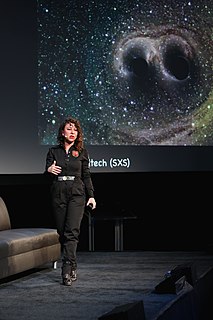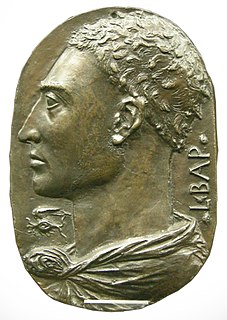A Quote by James Whistler
Nature is very rarely right, to such an extent even, that it might almost be said that nature is usually wrong.
Related Quotes
The New Age movement, for all the validity of its protest and the value of some of its recommendations, is in truth a very old blind alley. There is a very long history to remind us of what happens when nature is our ultimate point of reference . . . . Nature knows no ethics. There is no right and wrong in nature; the controlling realities are power and fertility.
When I speak of knowledge of nature, I do not mean industrial science, which argues that nature is inert and can be understood only to enable humans to manipulate it. I mean that sense of nature that Aldo Leopold had in mind when he said, "A thing is right when it tends to preserve the integrity, stability, and beauty of the biotic community, wrong when it tends otherwise.
At the very simplest, I think as Van Gogh said and St Francis would have said, we must find nature. Just to be in the presence of nature your feelings and 'little seedlings' start to awake. So if we disassociate ourselves from God we cut nature out, too. More and more we turn nature into a commodity, into eco-tourism. But we must integrate it into the way people live every day.
After decades of faithful study, ecologists have begun to fathom hidden likenesses among many interwoven systems. ...a canon of nature's laws, strategies, and principles...
Nature runs on sunlight.
Nature uses only the energy it needs.
Nature fits form to function.
Nature recycles everything.
Nature rewards cooperation.
Nature banks on diversity.
Nature demands local expertise.
Nature curbs excesses from within.
Nature taps the power of limits.
You must not say that this cannot be, or that that is contrary to nature. You do not know what Nature is, or what she can do; and nobody knows; not even Sir Roderick Murchison, or Professor Huxley, or Mr. Darwin, or Professor Faraday, or Mr. Grove, or any other of the great men whom good boys are taught to respect. They are very wise men; and you must listen respectfully to all they say: but even if they should say, which I am sure they never would, 'That cannot exist. That is contrary to nature,' you must wait a little, and see; for perhaps even they may be wrong.








































